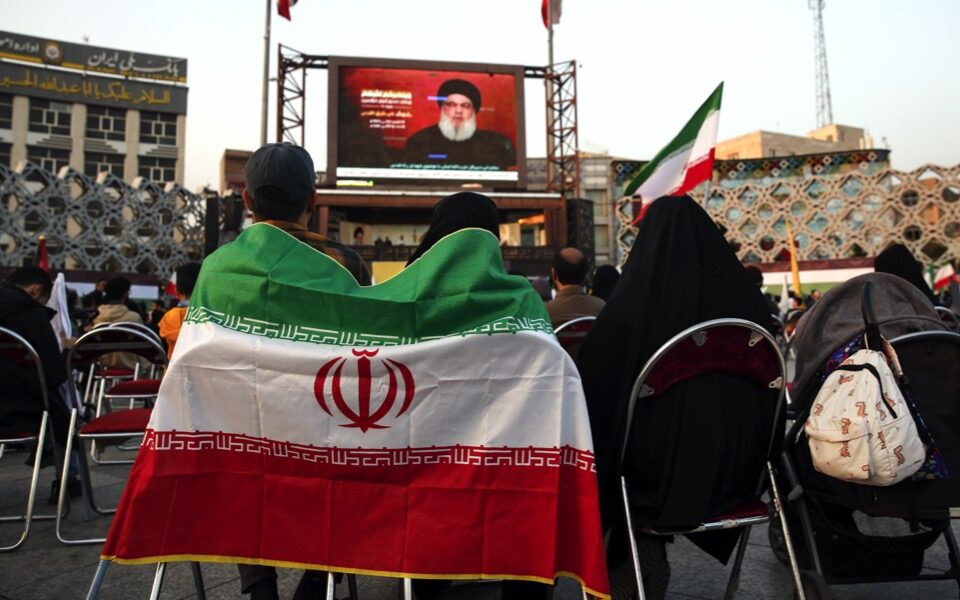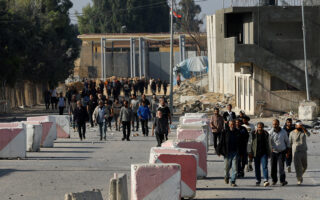The day after an unpredictable present

No one can know what the “day after” in the Middle East will look like, as no one knows how today’s cycle of violence will end. The longer it takes for a deal on a ceasefire and the hostages’ release, the greater the possibility of things spiraling out of control, leading to a broader conflict and turbulence across the globe. All hopes rest on the negotiations for a first step towards easing the situation. Despite the relentless violence, however, diplomats who follow the region reckon that the tension remains under control, allowing the possibility that the bloodshed may lead to a return to negotiations for a two-state solution to the Palestinian issue.
Iran’s role in all this is crucial. Few doubt that Tehran knew about the terrorist attack which Hamas was preparing (except for the date, possibly). But the involvement of Iran’s most powerful proxy in the region, Lebanon’s Hezbollah, has been contained to the level of keeping Israeli troops at their northern border, far from Hamas in Gaza. As long as Israel doesn’t ramp up its action in southern Lebanon, the war in Gaza will remain a “Palestinian issue,” as Hezbollah’s leader put it. It is unknown whether Tehran would have wanted a more direct intervention but was blocked by the United States’ immediate and massive commitment of military force to the region. In any case, Iran has achieved many of its goals already. It has presented itself as the Palestinians’ principle champion, restoring their problem to center stage, when, until October 7, many Arab states were pursuing a policy of normalization with Israel. Also, the shock that Hamas delivered to Israel strengthened Iran’s prestige. Iran now appears as the force with which all others must deal with to determine the region’s future. (It is worth noting that the normalization of ties between Iran and Saudi Arabia does not appear to have been affected by the latest developments.)
It remains to be seen how Hamas will be defeated – something which, aside from Israel, some Arab governments, too, would like to see. Then, the Palestinian Authority must gain the credibility necessary for it to be able to undertake the administration of Gaza – the credibility that it lost when Israel led negotiations for a solution to a dead end. Arab countries will have to support the new administration.
All this can only be achieved if there is serious hope for the establishment of a Palestinian state. Benjamin Netanyahu has proved that he is not the person to work towards this. He disagrees also with the United States in their efforts to avoid a wider conflict. The sooner America persuades Israel (with this government or another) to pursue a political solution to today’s impasse, the greater the chance of averting worse developments.





